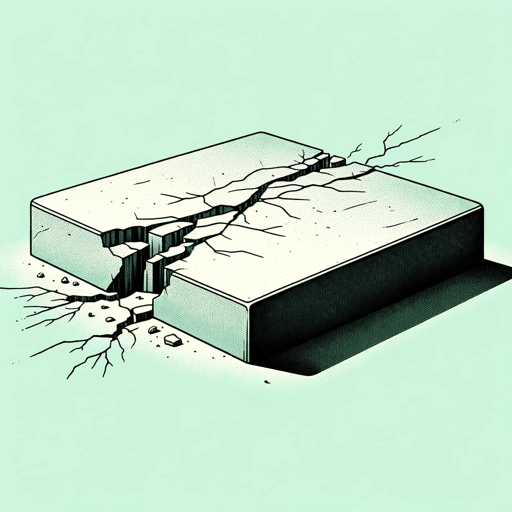35 pages • 1 hour read
Mike DavisPlanet of Slums
Nonfiction | Book | Adult | Published in 2005A modern alternative to SparkNotes and CliffsNotes, SuperSummary offers high-quality Study Guides with detailed chapter summaries and analysis of major themes, characters, and more.
Themes
The War between Classes
One of the overarching themes of the book is that worsening living conditions in many cities around the world are the result of a constant war waged on the poor by the rich. Davis argues this point through statistics and historic examples, which interpret the situation through a Marxist lens, concluding that the world’s richest minority is doing its best to retain and expand of wealth, forever widening the gap between rich and poor.
Davis points out that counterintuitively, slums are quite lucrative for landlords: “Overcrowded, poorly maintained slum dwellings, meanwhile, are often more profitable per square foot than other types of real-estate investment” (86). Slums become profitable in a number of ways: their sheer density, the lack of governmental regulation and safety oversight, and the fact that governments often reimburse owners for renting below market rates. All of this disincentivizes people with financial and political power from doing anything to improve slum living.
At the same time, the class conflict Davis describes erupts in other ways. Slum evictions or slum clearances force displaced residents to increasingly smaller areas as they cling to the proximity of work—making those areas all the more profitable as they become the only available cheap slum housing.
Related Titles
By Mike Davis
Featured Collections
African History
View Collection
Asian History
View Collection
Books on Justice & Injustice
View Collection
Books on U.S. History
View Collection
Business & Economics
View Collection
Challenging Authority
View Collection
Class
View Collection
Class
View Collection
Colonialism & Postcolonialism
View Collection
Contemporary Books on Social Justice
View Collection
European History
View Collection
Globalization
View Collection
Nation & Nationalism
View Collection
Political Science Texts
View Collection
Politics & Government
View Collection
Poverty & Homelessness
View Collection
Power
View Collection



